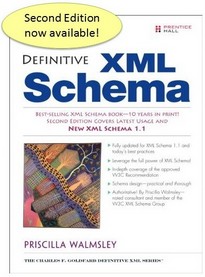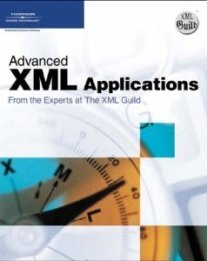formalname
Attribute group information
Namespace: http://iptc.org/std/NewsML/2003-10-10/
Schema document: NewsML_1.2.xsd
Attributes
| Name | Occ | Type | Description | Notes |
|---|---|---|---|---|
| FormalName | [1..1] | xsd:string | A string of characters whose meaning is determined by a controlled vocabulary. The controlled vocabulary may (but is not required to) take the form of a NewsML TopicSet. | |
| Vocabulary | [0..1] | xsd:string | The Vocabulary attribute, if present, provides a pointer to a TopicSet which is the controlled vocabulary that can be used to resolve the meaning of the FormalName. The value of the Vocabulary attribute is an http URL or a NewsML URN, or the # character followed by the value of the Duid attribute of the a TopicSet in the current document. If there is no Vocabulary attribute, then the controlled vocabulary to be used is located by the following algorithm: - Proceed to the parent of the current element. - If it has a Catalog element as its immediate child, see whether that Catalog contains a Resource element whose DefaultVocabularyFor child contains an XPath pattern that is matched by the current element. If so, then the controlled vocabulary is the resource identified by that Resource element. - If the parent does not meet the above condition, proceed to its parent and check the same condition. - Continue until a vocabulary is found, or no further parent elements are available because the root element has been reached and it too fails to meet the condition. | |
| Scheme | [0..1] | xsd:string | The Scheme attribute, if present, serves to distinguish which of possibly multiple naming schemes in the controlled vocabulary is the one that governs this FormalName. For a match to be obtained within the controlled vocabulary, the rule is that the FormalName and the Scheme must both match. If there is a Scheme attribute on the current element, then both the FormalName and the Scheme in the controlled vocabulary must match. The controlled vocabulary will be located either through the Vocabulary attribute (if present) or through the appropriate Catalog entry where the Context matches the current element. If a Vocabulary attribute is present that points to a TopicSet then the FormalName may be resolved using this TopicSet. This overrides any relevant Catalog entry. If there is no Scheme attribute on the current element and no Vocabulary attribute then a Scheme may be assigned through as follows: If the Catalog, within the instance or externally referenced from the instance, contains a Resource element with a DefaultVocabularyFor child element with a Context attribute that matches the current element and a Scheme attribute with a value declared, then this Scheme may be applied when resolving the current element FormalName. If the DefaultVocabularyFor has no Scheme value then a match will be to an item in the vocabulary that has the current FormalName and no Scheme. |
Used in
- Anonymous type of element Format
- Anonymous type of element FutureStatus
- Anonymous type of element Genre
- Anonymous type of element Instruction
- Anonymous type of element LabelType
- Anonymous type of element Language
- Anonymous type of element MediaType
- Anonymous type of element MetadataType
- Anonymous type of element MimeType
- Anonymous type of element NewsItemType
- Anonymous type of element NewsLineType
- Anonymous type of element NewsProduct
- Anonymous type of element NewsService
- Anonymous type of element Notation
- Anonymous type of element OfInterestTo
- Anonymous type of element Party
- Anonymous type of element Priority
- Anonymous type of element Relevance
- Anonymous type of element Role
- Anonymous type of element Subject
- Anonymous type of element SubjectDetail
- Anonymous type of element SubjectMatter
- Anonymous type of element SubjectQualifier
- Anonymous type of element TopicType
- Anonymous type of element Urgency
- Type ContributionType (Element Contribution)
- Type PropertyType (Element Property)
- Type StatusType (Element Status)
- Type TopicSetType (Element TopicSet)



